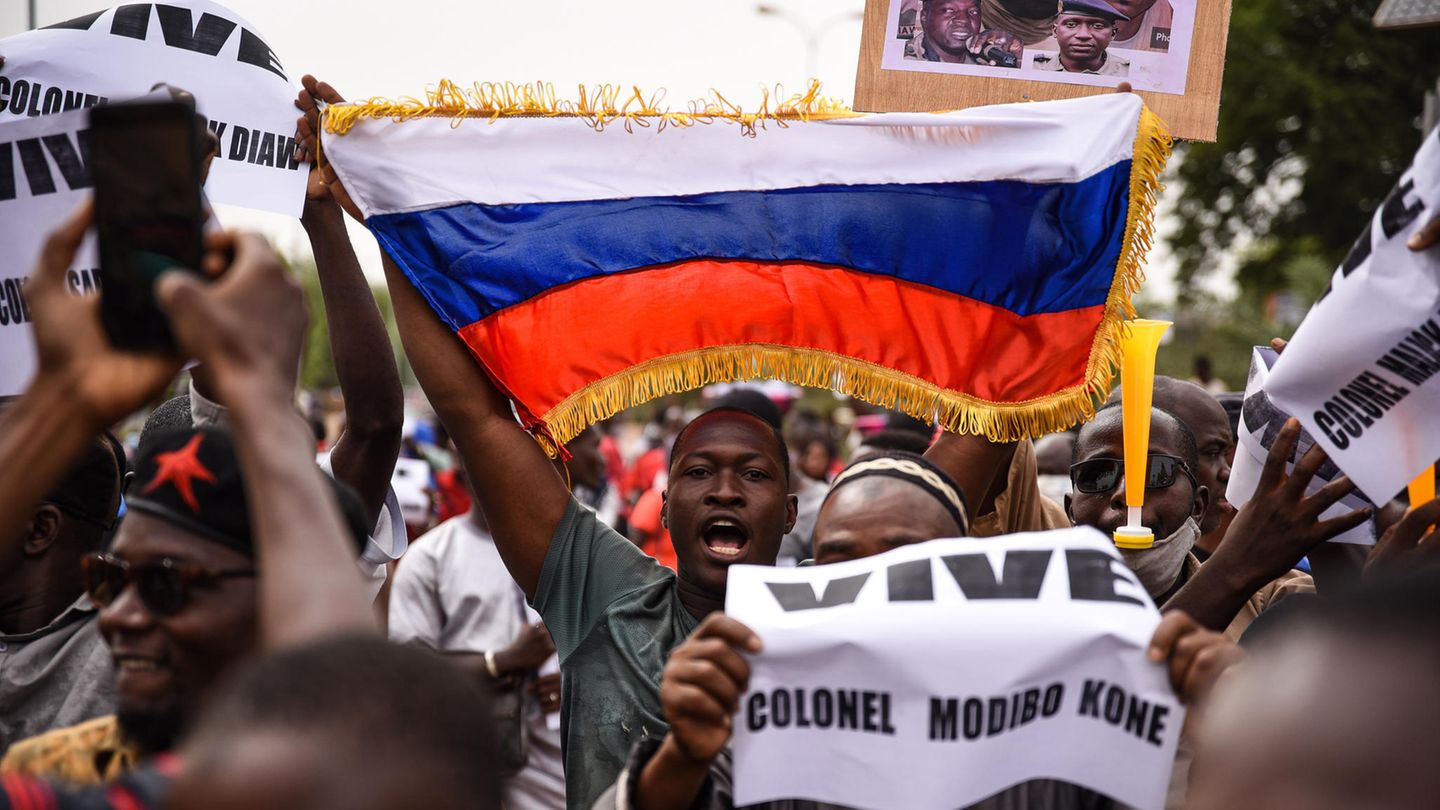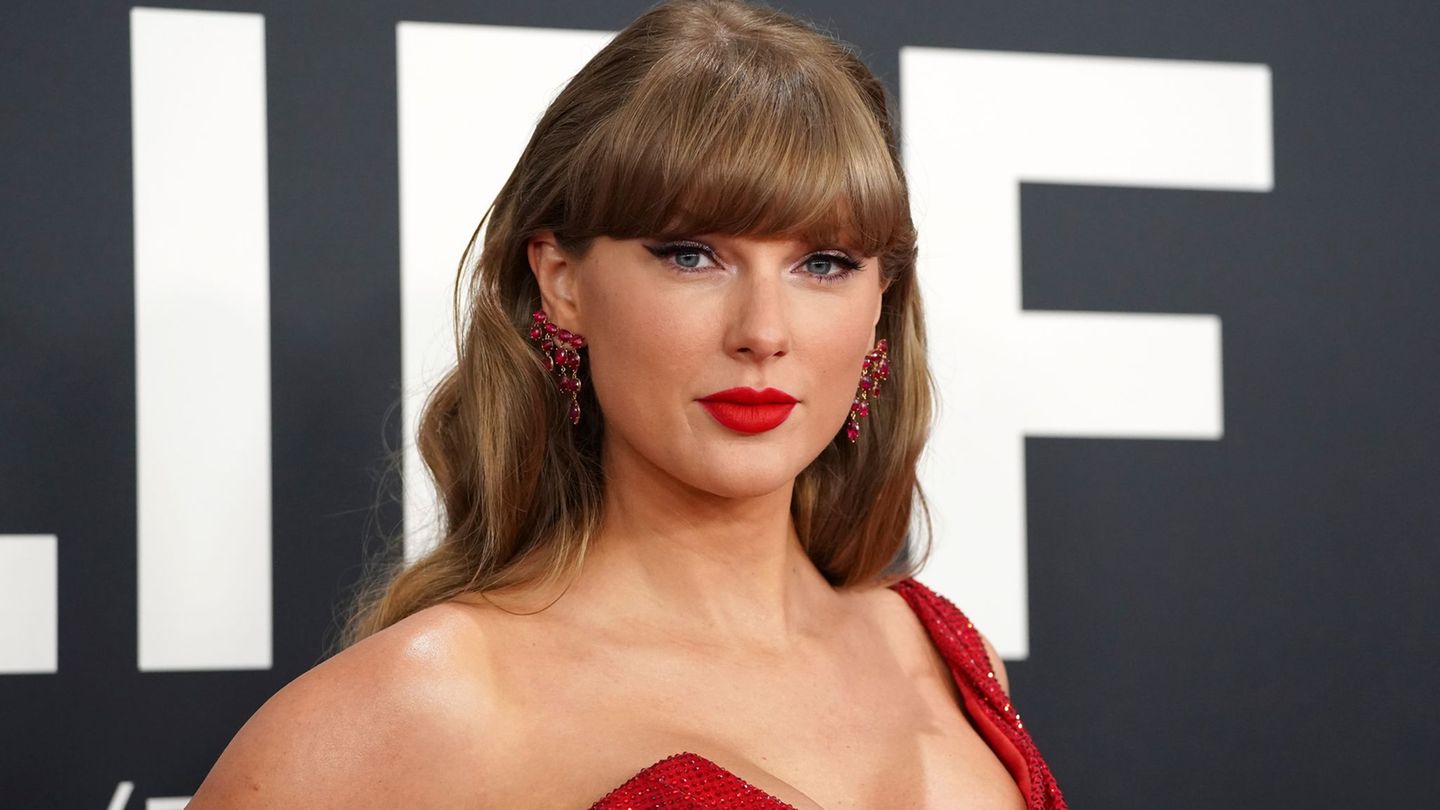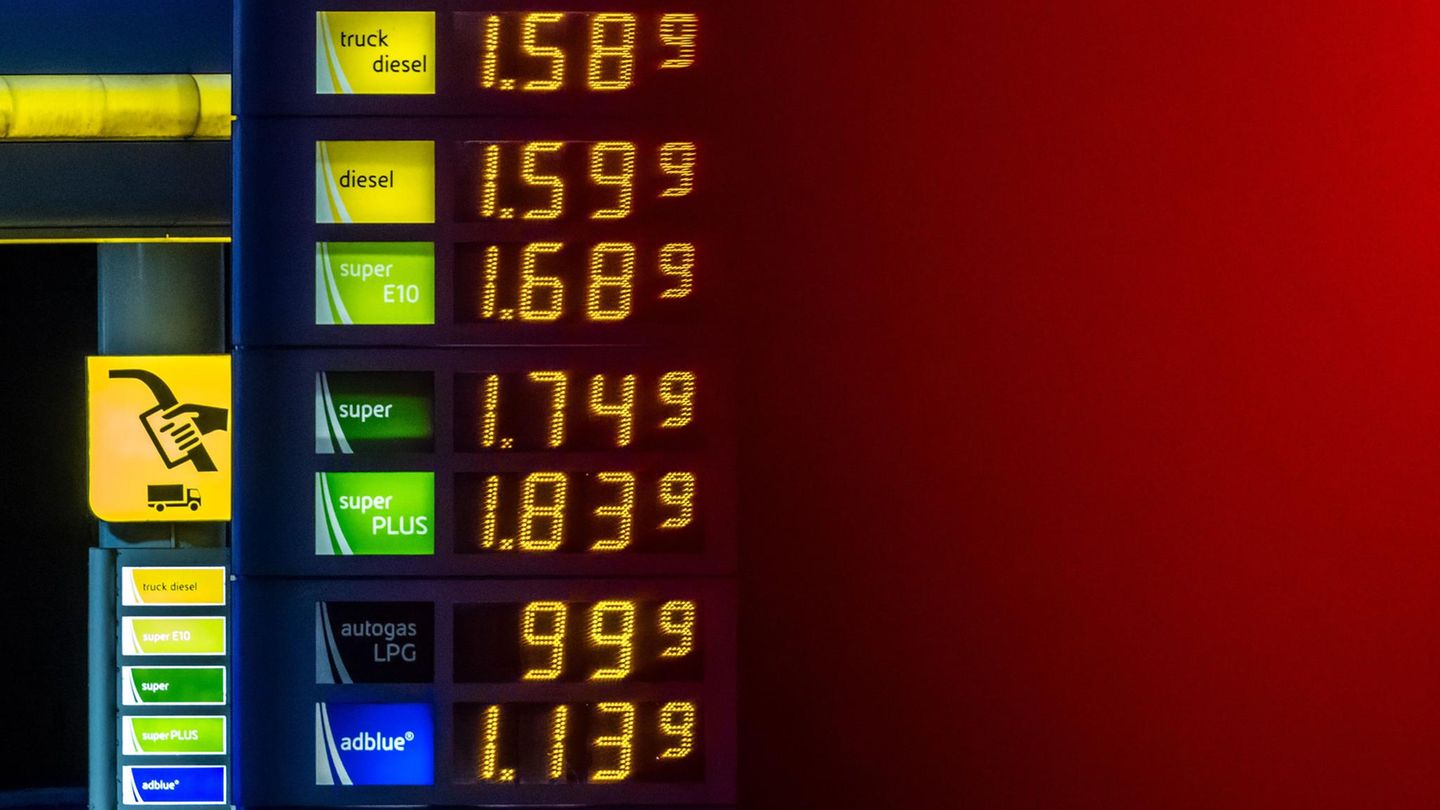When it comes to condemning Putin for the war of aggression against Ukraine, Africa is at odds. Many nations hesitate to position themselves clearly. The reasons: fear, skepticism and money.
In early March, shortly after the outbreak of war, 141 of 193 UN member states condemned the Russian attack on neighboring Ukraine and called on decision-makers in the Kremlin to withdraw troops immediately. Almost half of the African members hesitated.
Of the 54 African participants, 17 (including Algeria, Mali and South Africa), eight did not even vote (such as Ethiopia, Cameroon and Burkina Faso), Eritrea even opposed the resolution – along with North Korea, Belarus, Syria and Russia self.
The loud hesitation makes one thing clear: in contrast to the EU, which backed Ukraine in a long-lost unity, the African Union is divided. What stopped these nations from condemning Putin’s invasion? A mixture of economic dependency, totalitarian power politics and historical skepticism towards the West.
Skepticism about the West: the aftermath of the Cold War
Relations between Russia and Africa have not been as close since the collapse of the Soviet Union. So it’s little wonder that many African leaders are cautious, at least for once, when it comes to taking sides. After all, the continent has seldom fared well with clear commitments to East or West. During the Cold War, many states that had only just become independent were forced to choose between world powers and ideologies – the result was often bitter civil wars.
According to the think tank Observer Research Foundation, many young African states associate colonialism and racism with the West. At the time, however, the Soviet Union presented itself as a helping hand. This distribution of roles remained firmly anchored in many minds. Even today, according to the British Guardian, many African nations are governed by the same parties that were supported by Moscow during the wars of liberation.
Some African nations also see the fighting in Ukraine as a proxy war between Russia and the United States, which they do not want to be drawn into, writes the US news channel CNN. For fear of being caught between the fronts as in the past, many countries are abstaining this time. In addition, some African states blame NATO for the Russian invasion. The military alliance pushed the Kremlin further and further into a corner over the years – until in the end Putin had no choice but to defend Russian security interests militarily. “The war could have been avoided if NATO had heeded warnings from within its own ranks over the years that its eastward expansion would lead to more, not less, instability in the region,” said South African President Cyril Ramaphosa in March.
According to the Australian news network “Conversation”, some African UN members also felt reminded of what they believed to be the illegal removal of Libyan President Gaddafi by NATO. Its fall had led to a massive destabilization of North Africa and the Sahel. This would have resulted in “many countries fearing Western dominance and believing that we need a global counterpoint […] Russia is seen as a representative of the former Soviet Union in this respect,” Priyal Singh, a researcher at the Institute for Strategic Studies in Pretoria, told the British Guardian.
And there would (of course) also be China. As part of its “New Silk Road,” Beijing has pumped billions into Africa’s infrastructure and economy in recent years. As China, Russia’s most important ally, continues to avoid condemning Putin’s invasion, many African nations feel compelled to follow the foreign donor’s line. Russian investment in Africa pales in comparison to Beijing’s loose-fitting wallet. So it is quite possible that the fear of drying up the flow of money from the Far East is one of the main reasons why many African nations have not intervened.
Peace in Africa is bad for Russia’s business
Nonetheless, Russia has bought massive influence on the continent in recent years. As reported, citing figures from the Stockholm International Peace Research Institute, between 2016 and 2020 Russia is said to have sold almost a fifth of its entire arms production to African buyers. According to the Observer Research Foundation, the Kremlin is essentially trading weapons, technologies and investments for resources and influence.
But the Kremlin not only supplies the guns, but indirectly also the men who pull the trigger. As recently as January, according to the US foreign broadcaster “Voice of America”, Russian flags were flying over the capital Ouagadougou after the military coup in Burkina Faso. Similar scenes were seen in the Central African Republic last autumn, when a statue was unveiled showing local fighters side by side with the notorious Russian mercenary group, Gruppe Wagner. According to the US foreign broadcaster, Russia has also used the growing strength of militant Islamism, especially in the Sahel region, to increase its military involvement through private mercenary companies.
The picture that the Kremlin paints is clear: if the West lets you down, we are there for you. The paradox, it sums it up, is Moscow’s role as a multipurpose ally. Through the lucrative use of private military companies, the Kremlin is contributing to instability on the continent. This instability in turn binds the usually totalitarian governments to Moscow and opens up new investment opportunities for the Putin regime. In short, peace in Africa is bad for Russia’s business.
As a result, numerous African states have forged extensive military alliances with Moscow over the past decade. At the first Russia-Africa summit in 2019, in which all 54 African countries took part, Kremlin chief Putin gave the continent foreign policy priority. “We will not engage in a new ‘redistribution’ of the continent’s wealth,” he said at the time. In contrast to the West, they are ready “to get involved in a competition for cooperation with Africa.” At the meeting in the spa town of Sochi, billion-dollar energy, finance and arms deals are said to have been agreed in addition to diplomatic ones. The second summit was originally planned for autumn of this year.
The totalitarian regimes in Africa, in particular, want to keep Moscow warm in the long term as a domestic last resort to suppress any uprisings, Remi Adekoya, a lecturer at England’s University of York, told CNN. These rulers saw “how Putin kept Assad in power in Syria, because without Russia’s intervention the Assad regime would have been overthrown long ago.”
Russian wheat: vital trade
According to the United States Institute of Peace (USIP), Russian energy companies have become important industrial drivers, especially in West Africa. Mineral-rich countries such as Cameroon, Nigeria and the Democratic Republic of the Congo fear that the massive sanctions imposed by the West could persuade Moscow to stop investing.
A lack of growth may be one thing. Hunger is quite another. Numerous African countries are dependent on Russian wheat. Many of them from Russia; Eritrea, Somalia and Egypt even more than 75 percent. In one, African Development Bank President Akinwumi Adesina warned that the war and rising inflation could lead to a food crisis.
Offending such an important trading partner is out of the question for many African governments for purely existential reasons. After the war began, the prices of corn, wheat and soybean skyrocketed, according to a USIP article. Around 20 million people in the Sahel zone and West Africa (as of mid-April) now no longer have adequate access to food.
There is no alternative, at least in the short term, to ramping up in-house production. According to the UN, Russia is one of the world’s largest fertilizer exporters.
West is complicit in Africa’s division
With their neutrality in the Ukraine war, many African nations (and rulers) are simply following their instinct of self-preservation. The West has itself to blame for the fact that the continent has not taken a united stand against Moscow. For decades, the US and Europe have neglected Africa at best, failing to provide long-term prospects for the continent through equal partnership.
It was foreseeable that Russia and China would open their arms. The long-term price that Africa is paying for the “help” of the East-Far East Alliance is immense. The continent, which was born rich and lives in poverty, cannot find its way out of its role as a plaything for the great powers. The result is a division that goes well beyond Africa’s borders – and one that the West cannot afford in the long run.
Other sources: “”; “”; “”; “”; ; “”;
Source: Stern
David William is a talented author who has made a name for himself in the world of writing. He is a professional author who writes on a wide range of topics, from general interest to opinion news. David is currently working as a writer at 24 hours worlds where he brings his unique perspective and in-depth research to his articles, making them both informative and engaging.




